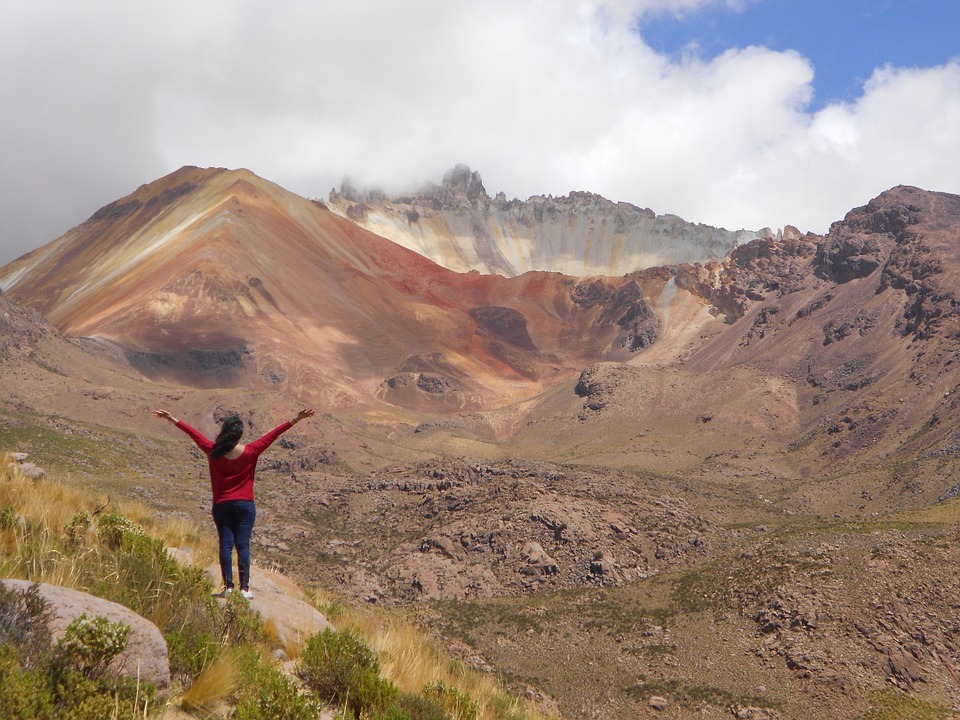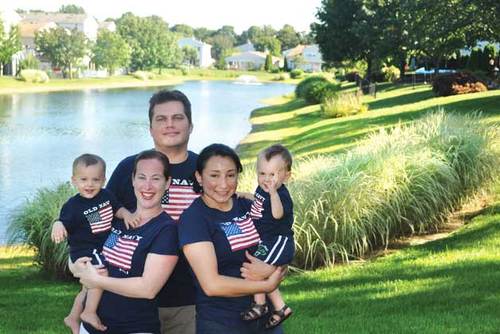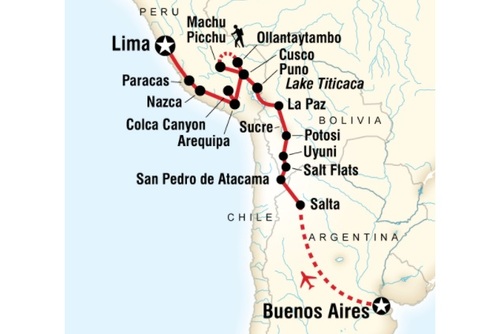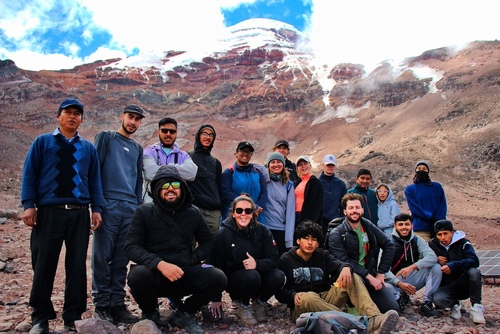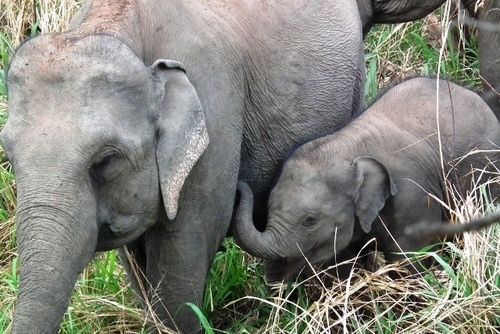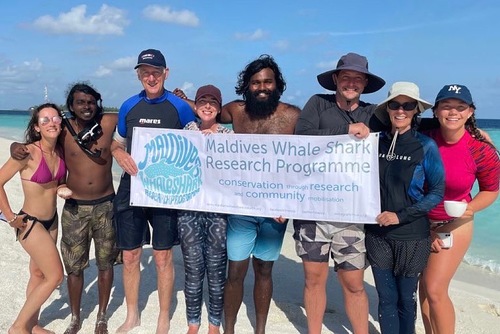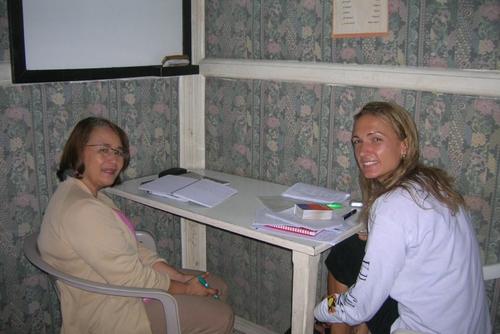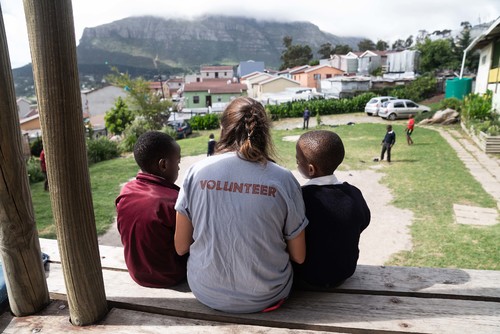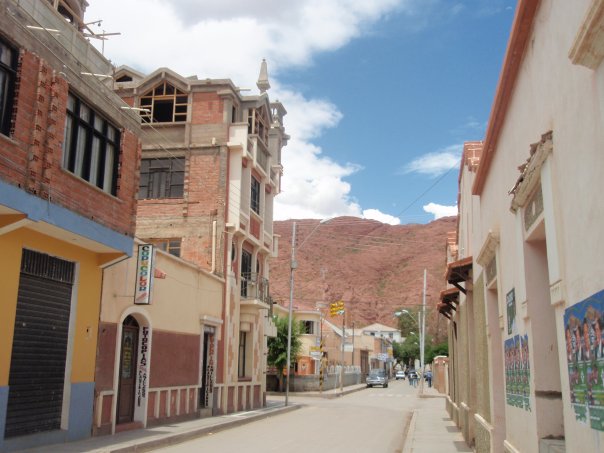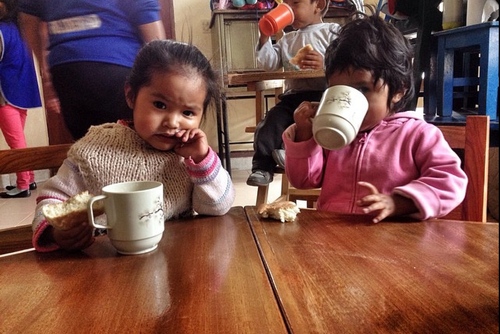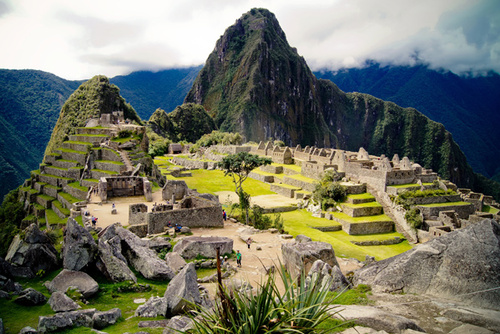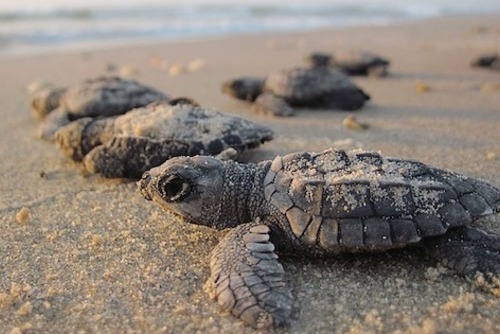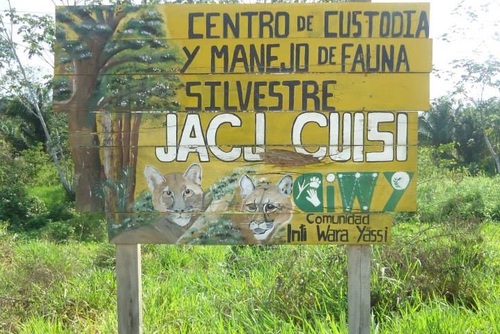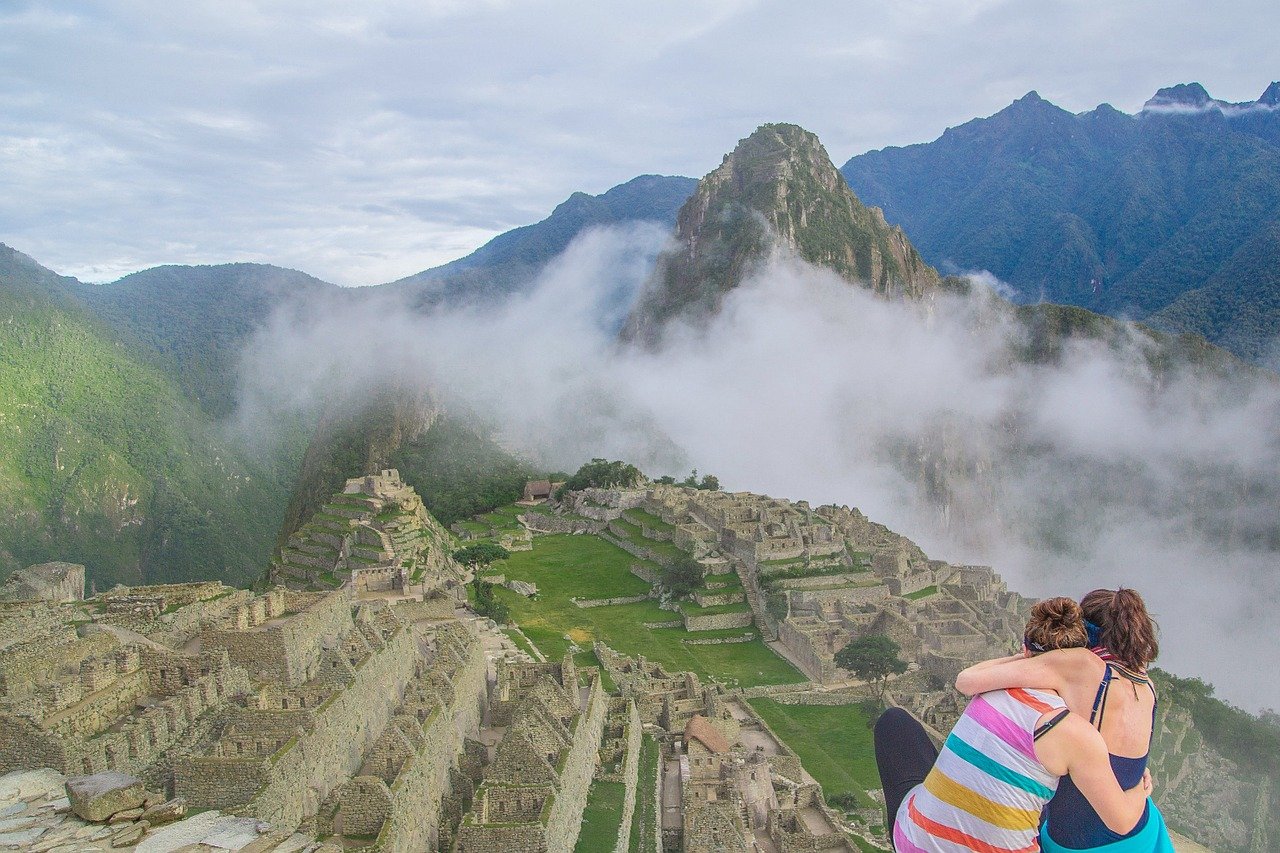Volunteering in South America appealed to Irina Yugai who brought a flight and turned this idea into reality.
Here Irina shares her experience and top tips and essential things to know which will help if you are keen to give back in Latin America but you don't have a clue where to start.
Anyone Can Do It
Experiencing other cultures, exploring and also joining a volunteer program was my initial goal when I stepped foot in South America.
I managed to do this and have recently finished a three month trip of volunteering in Bolivia. If you think you can't do something similar then think again, my Spanish was actually at zero level when I arrived and I never thought I would be able to contribute to education and make a difference. But I did and if I can do it, anyone can.
Whether you are looking to go backpacking, are taking a gap year in South America or just want to explore the continent I highly recommend doing something similar to what I did.
Is It Right For You?
Does volunteering abroad sound like a good idea to you? Are you driven by the willingness to contribute? Do you have a desire to do good? Are you open to any living/working conditions? Are you patient kind?
If you answered no to any of these things and you just want to travel and not put any effort in then volunteering probably isn't for you. Go book a tour of South America instead and save yourself time wasted. Whilst if you would
Choose What Project / Destination to Join
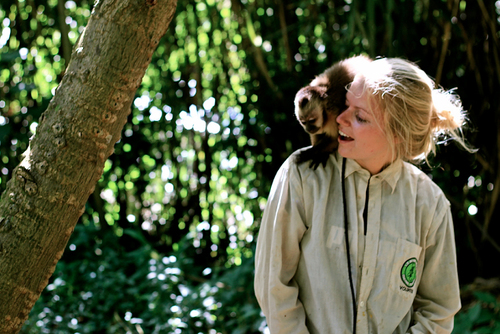
Think about what you want to help with - what you are best at and what will bring you joy and a feeling of fulfilment. Especially if you plan to commit yourself for a longer period. First of all, it will help you target the specific area, and secondly, keep your fire burning.
These are some of the most popular options:
- Animal volunteer programs
- Building volunteer programs
- Childcare volunteer programs
- Community volunteer programs
- Conservation volunteer programs
- Marine conservation programs
- Medical volunteer programs
Once you figured out your so called unique volunteering proposition, search for a right place. Check One World 365's South America volunteer directory or for more options search Central America volunteer programs Every destination offers a different experience.
Here are some of the most popular destinations to apply:
- Volunteer in Argentina
- Volunteer in Brazil
- Volunteer in Chile
- Volunteer in Colombia
- Volunteer in Costa Rica
- Volunteer in Cuba
- Volunteer in Dominican Republic
- Volunteer in Ecuador
- Volunteer in Galapagos Islands
- Volunteer in Guatemala
- Volunteer in Mexico
- Volunteer in Nicaragua
- Volunteer in Panama
- Volunteer in Peru
I chose to volunteer in Bolivia as this is one of the poorest countries on the continent. You can join placements in bigger cities like Cochabamba or Santa Cruz. I intentionally chose to be in Sucre once I visited and noticed our vibes resonated.
Pick a Good Organisation
There are so many different organizations and the one I chose was a non-profit in Bolivia called Condor Trekkers. They support a number of social projects such as kindergarten for the lower-income families, where you can help babysit children or assist in the kitchen.
You may also work as a translator by joining the trekking tours if mountains are your element - that is how you help the organization raise money and as a reward you enjoy wonderful sights around for free. You will be asked to pay for the first tour, but it is refundable.
Top Tip - Learn the Local Language
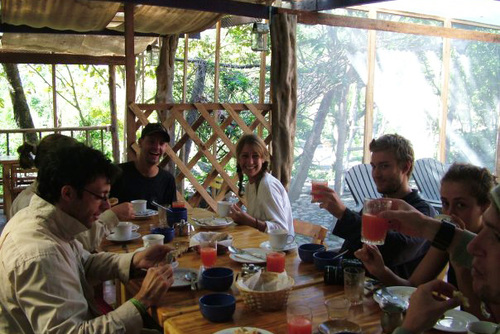
Before you start your volunteering, pick up some basic Spanish. Most people do not speak English at all, and Spanish is absolutely essential to get by in most countries.
You can take Spanish language courses in South America in numerous language schools or try to learn some words and phrases before departing. Most schools offer both group and individual classes.
The approximate price for an hour varies from country to country. If you want to learn Spanish in Bolivia for example it was around 20 to 35 Bolivianos for a group lesson, and individual class will cost you from 35 to 50 Bolivianos.
You should also learn Portuguese in Brazil if that destination appeals to you. You will find some language schools also offer information on voluntary work options, so you can kill two birds with one stone.
My Experience
I spent couple of days in the kindergarten supported by Condor.
It is located outside of the city. Sucre is really miniature. All distances are walkable and there are plenty of buses, circulating around. So getting there is not a problem at all.
Since I am not good at interacting with small children, most of the time I stayed in the kitchen peeling off potatoes and washing up.
A friend of mine helped there for two months, babysitting and playing with kids. Her zero Spanish, by the way, did not prevent her from getting along well with both children and stuff. She totally belonged there.
Teaching English
I found I prefered working with bigger kids who have a higher level of consciousness, and the idea of going to teach English in South America appealed to me so I applied my skills at a local university. I asked if they needed any help with English classes, and they welcomed me with open arms.
During my part the local teacher assisted me in translation. I also ran extra meeting on Saturdays - we watched movies with the students and discussed various topics. The level of the students differs - some of them were comparatively good, but most of them were beginners.
Even the senior students had a huge language barrier as they learn a textbook English rather than real one. So I focused on speaking and listening comprehension. If you let me generalize, students here are immature with a weak self-discipline.
I would recommend taking a TEFL course either before arriving or once in the continent. If you would like to also teach English in Bolivia be ready, that they will sabotage homework and tend to escape from the class. It is also uneasy to pull them into active participation as they feel shy and unconfident. But it will get better in time as you make friends with them.
Perhaps, authoritative methods would work better but after all sharing knowledge has little to do with enforcement. By the way, higher education in Bolivia is almost free of charge - there is a symbolic annual fee to cover administrative costs.
Partly that is the reason that students are not much motivated. And somehow German is more popular than English among learners.
How to Volunteer / Visit South America on a Smalll Budget
Since I was self-employed volunteer, I had to cut my daily expenses as much as possible. So there are couple of options to accommodate yourself for free in the city.
One is to work in the hostel at the reception or as a leaflet giver at the bus terminal for a free bed. For instance, 7 patas hostel takes volunteers for minimum 1 month to work as receptionists. If they do not have vacancies available, you can check other hostels around.
I stayed at the guys place whom I met at couchsurfing. He offered to stay at his house for two months and share the bills for the electricity, water and gas, which was around 50 USD per month. So I was utterly lucky. Why not try your luck as well?
There are also lots of free volunteer programs in South America and low cost opportunities where food and accommodation are included - this can also keep costs down.
What Are You Waiting For
After I volunteered I spend time travelling and got to visit some of the most beautiful islands in South America which was an amazing experience.
I can say that Bolivia is not only the poorest country in the region but also the most reserved and conservative. Bolivians appear even hostile against widely smiling Argentinians, talkative Brazilians, genial Chileans and helpful Peruvians. And they have their historical arguments for those walls. But when I reminisce my students slowly looking outside their shells, I know my stay was worthy.
The tips I have described are applicable everywhere you go - do not fear to offer your help and explore the world on your own. Your heart is the only guide that will bring you where you belong. And always remember that by helping others you help yourself.
By Irina Yugai

